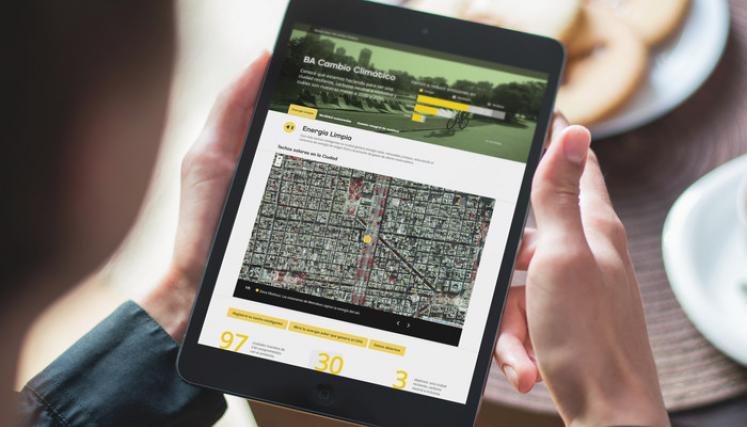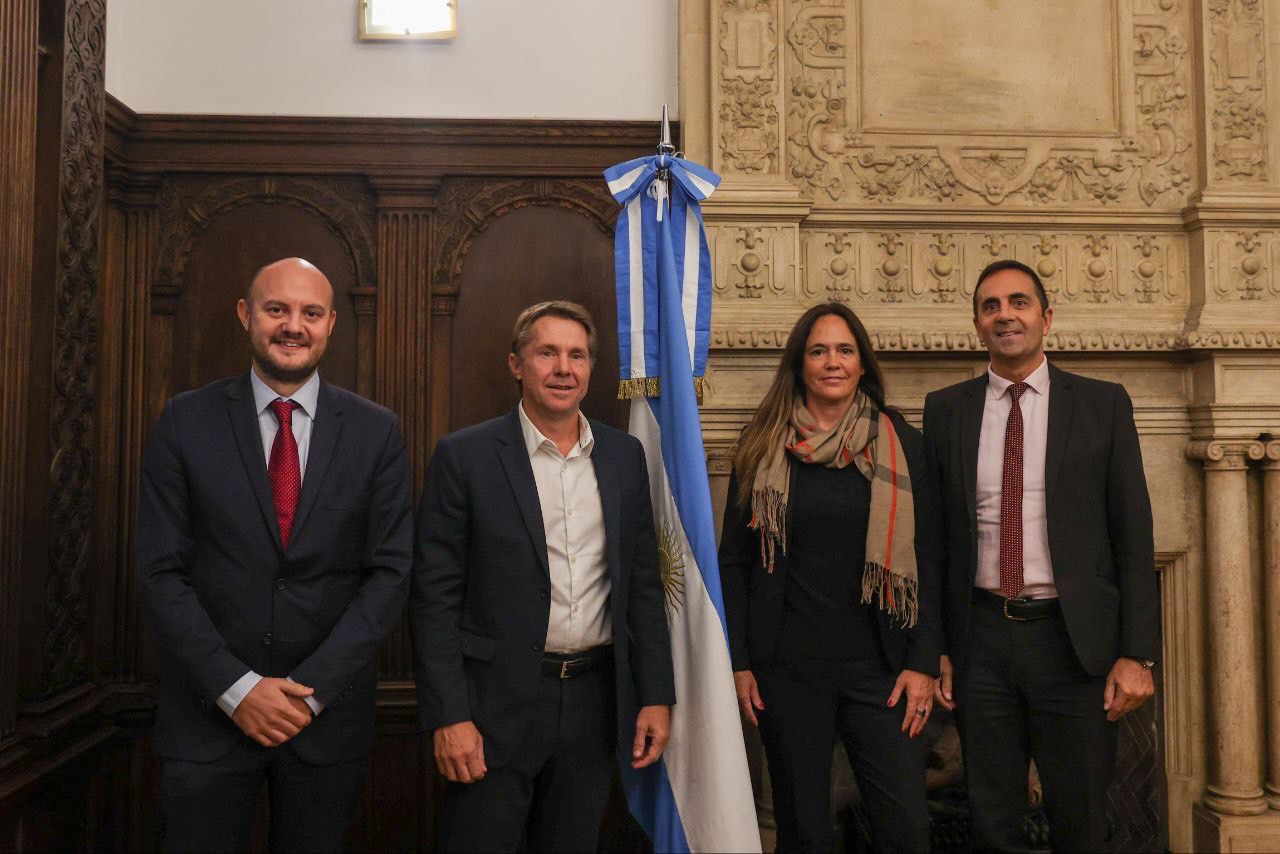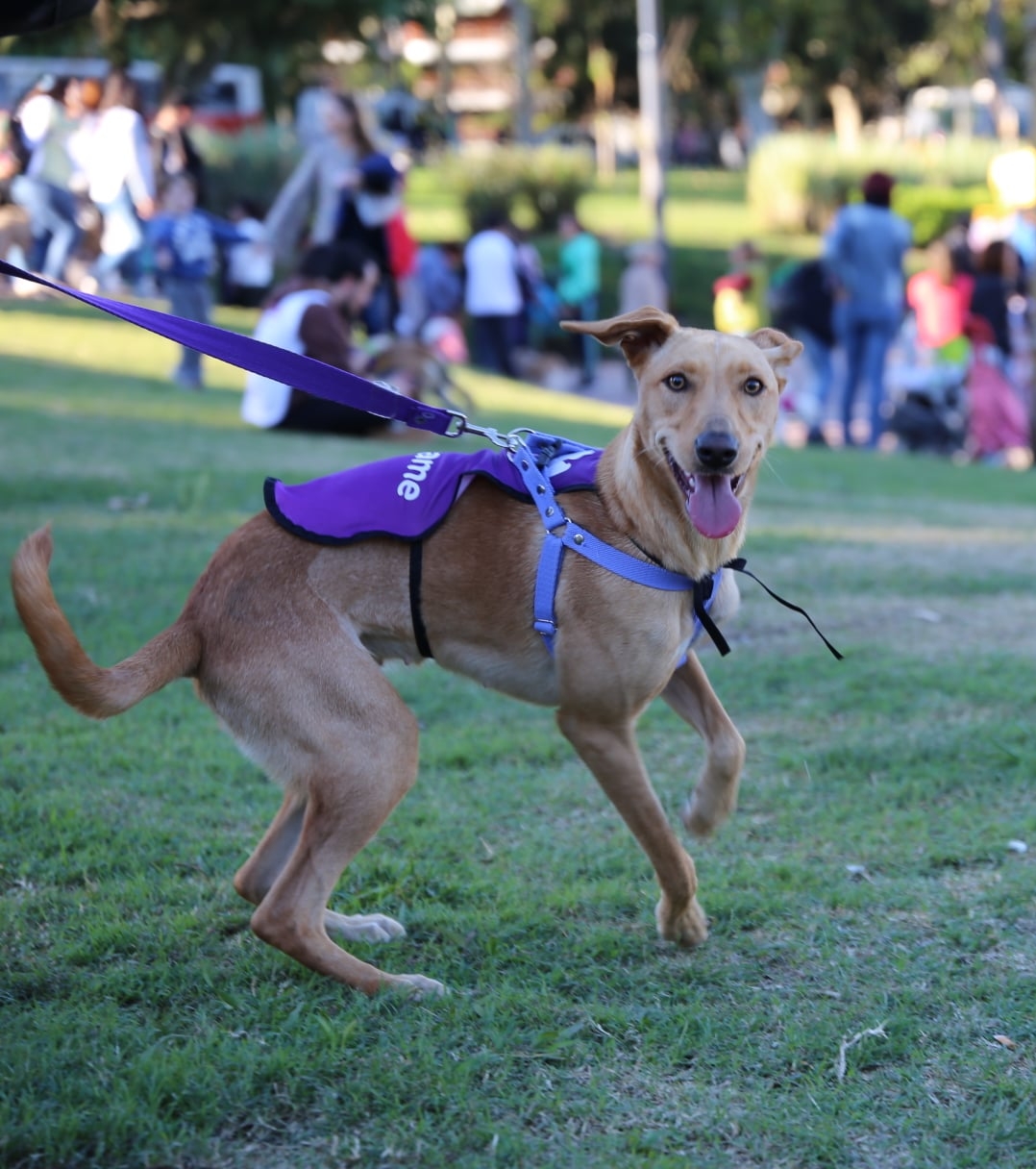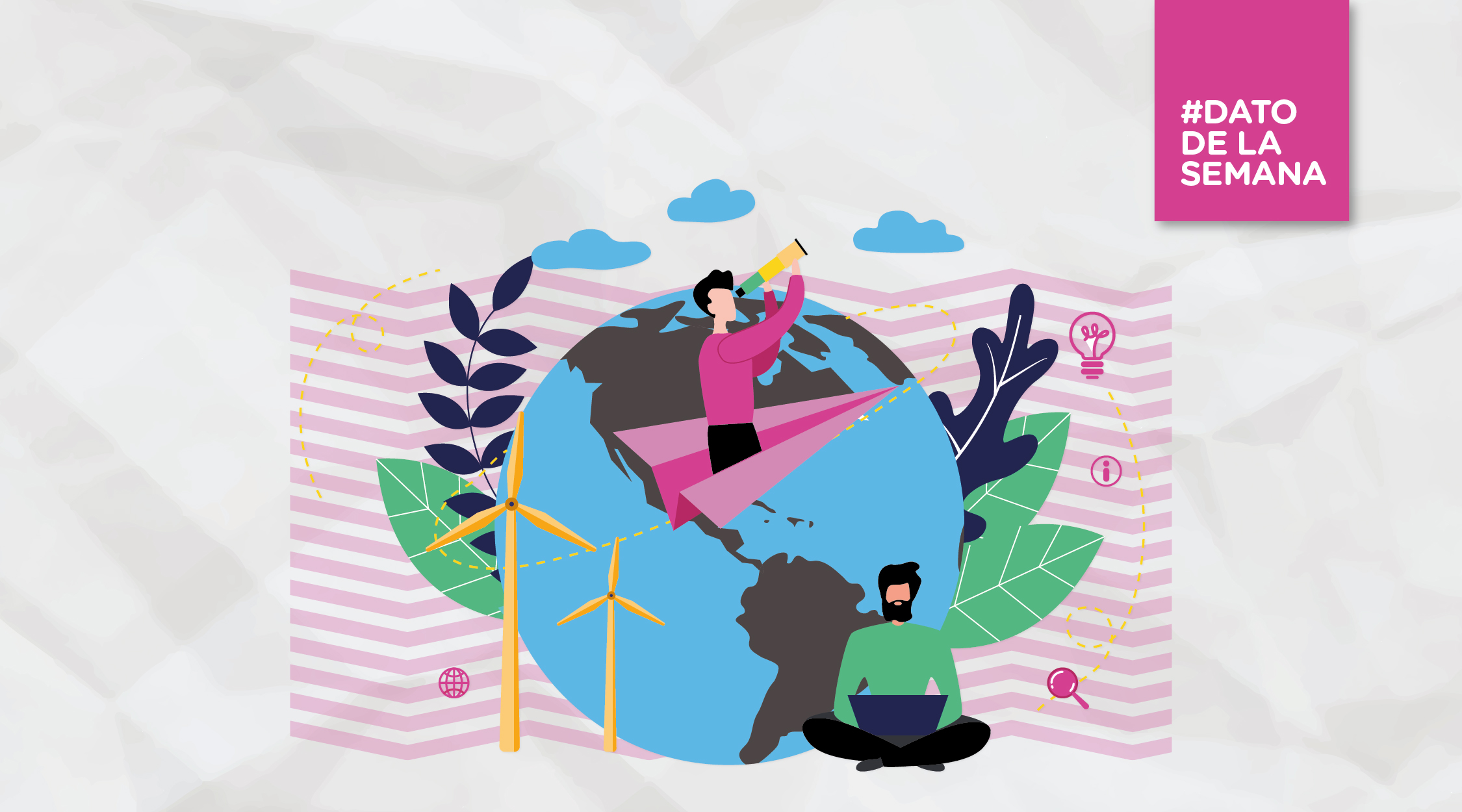They were Josefina Tamis, Martín Lemma, and Mariano Schmidt who made an analysis of the use of public bicycles in the Autonomous City of Buenos Aires between May and September 2020, during the quarantine imposed by the Government in response to the coronavirus pandemic.
Tamis, Lemma and Schmidt found out that during the quarantine, the bike stations from which most trips were initiated were those near public green spaces.. Whereas, prior to the pandemic, these starting points were the head stations of the main railway branches and, at a second level, the subway stations. Therefore, they stated that, during the quarantine, the use of public bicycles was mainly recreational..
 The analysis of the use of public bicycles in the City.
The analysis of the use of public bicycles in the City.
 The number of public bicycle trips per day between January and September 2020.
The number of public bicycle trips per day between January and September 2020.
The #BAEnDatos challenge consisted of developing visualizations with open data from the City of Buenos Aires. Specifically with data on climate change. The call was made via Twitter, it was possible to participate as a team or individually, and it was necessary to complete a registration form and make the visualization public..
A jury composed of members of the organizer bodies made a pre-selection of the best four works and then the winning visualization was chosen via Twitter in the open government account of the Government of the City of Buenos Aires @BAGobAbierto.
With 41.6% of the votes, Tammis, Lemma and Schmidt became the winners and won a scholarship to study at Digital House. They worked with the Green Spaces dataset and related it to the use of public bicycles in the City. _“We added as an analysis variable its current correlation with the use of sustainable mobility in the city, in particular public bikes (Ecobici), and how the pandemic influenced the change in the way we live in our city",_they explained.
And they added: "We evaluated different variables that led us to a first hypothesis: during the quarantine, the use of public bicycles in the City of Buenos Aires changed to a mainly recreational use and it was related to Urban Green Spaces"_.
 Map of public bicycles trips during March and September.
Map of public bicycles trips during March and September.
 Public bicycle trips prior to the arrival of the coronavirus pandemic in the City.
Public bicycle trips prior to the arrival of the coronavirus pandemic in the City.
The finalists
The other finalists were Sebastian Contreiras , who conducted a temporal analysis of climate and its evolution over the last 30 years; Sofia D’Andrea Villarreal, who explored the use of Puntos Verdes (City’s recycling drop-off centers) between 2015 and 2016; and Soledad Molinete, who created a visualization based on street trees.
Source: La Nación.




